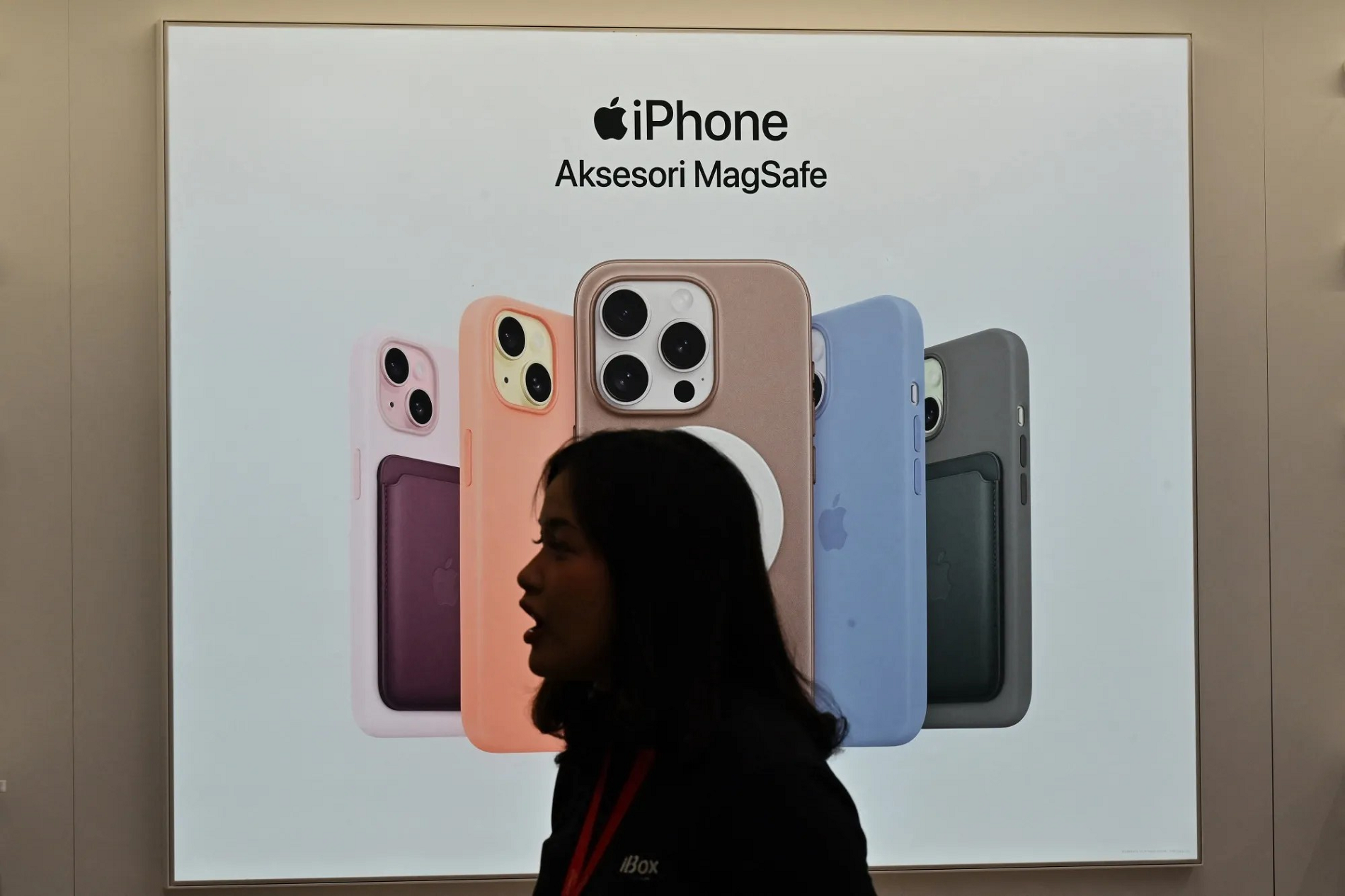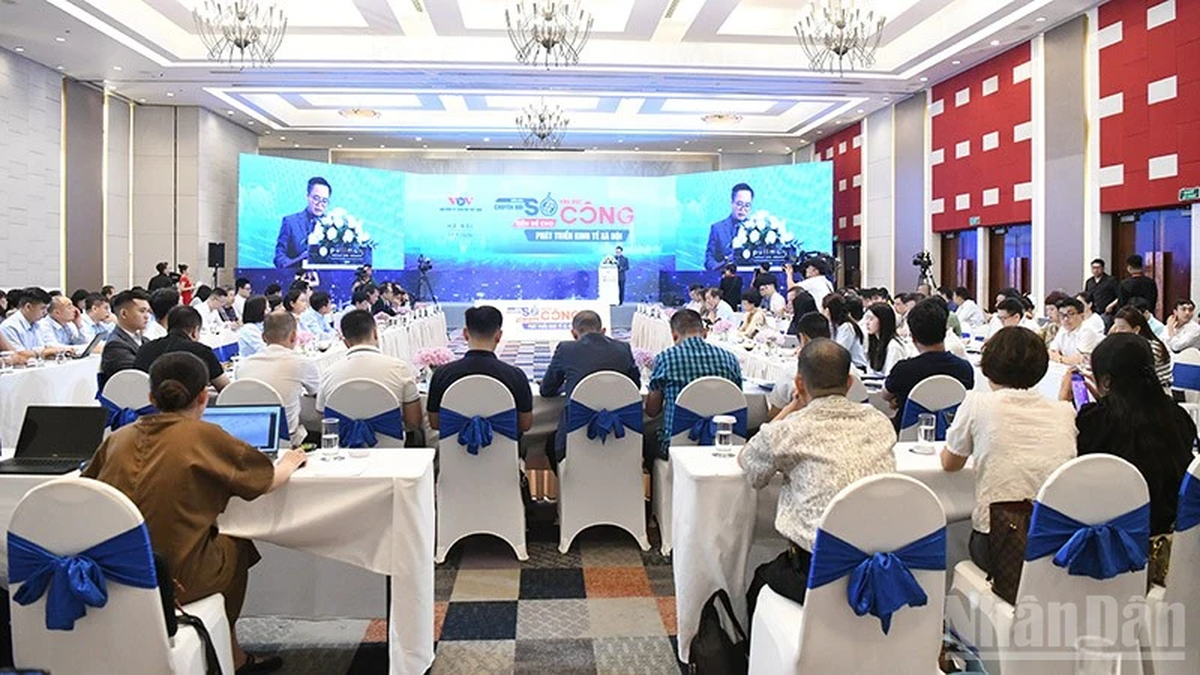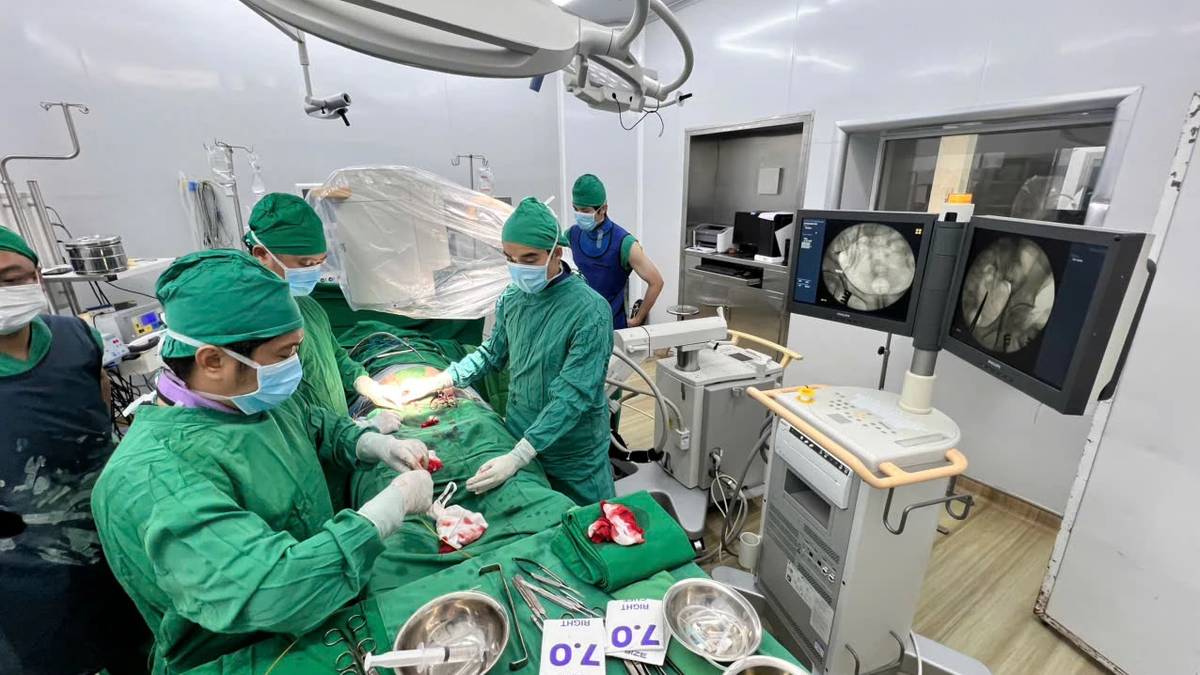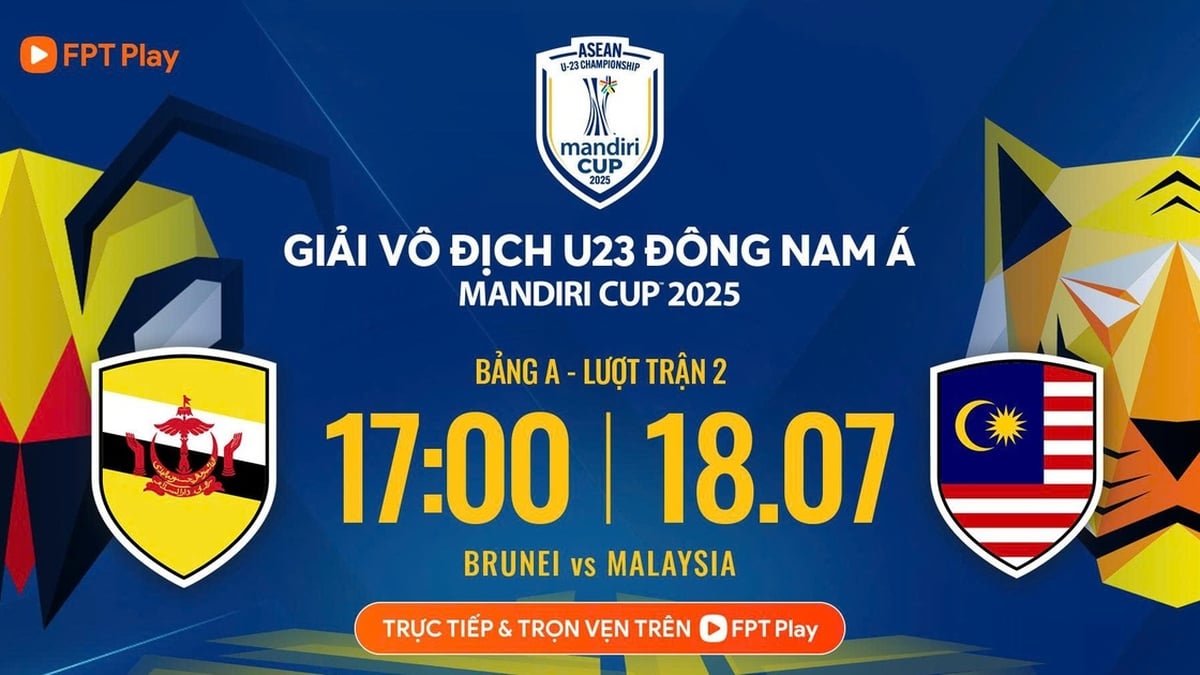Apple announced that the ban on iPhone 16 sales in Indonesia will end on April 11, after the company announced plans to invest more than $300 million in the country.
Indonesia, a country of 280 million people, banned Apple from selling the iPhone 16 last year because the company failed to meet local content requirements on the product.

The US tech giant initially invested $109 million in a developer academy in Indonesia and another $10 million in manufacturing. However, the Indonesian government said Apple had not fulfilled its initial commitment and had only spent $95 million.
Apple has proposed increasing its production spending from $10 million to $100 million. However, according to media reports, Indonesia wants Apple to commit to investing $1 billion over one to two decades.
Apple and Indonesia appear to have reached a deal, with the company announcing that it will sell the iPhone 16 there starting April 11. Jakarta lifted the ban after the iPhone maker announced a more than $300 million investment plan.
According to Macrumors, the iPhone 16 models have been certified with 40% domestic content, higher than the minimum (35%). In addition to financial investment, Apple is also said to be committed to training local human resources in the R&D field so that they can develop and design software themselves.
The deal also includes plans for a factory on Batam Island, which will produce AirTags and be operated by partner Luxshare. Another planned factory in Bandung will produce other accessories. Some of the money will go toward Apple academies to equip Indonesian students with technology skills.
Despite the concessions made, recent reports suggest that Apple has no plans to manufacture iPhones in Indonesia, meaning the company is the only brand here allowed to sell imported smartphones without local production.
In contrast, other firms must comply with the regulations by manufacturing equipment locally or contributing through software development.
(According to Macrumors, 9to5mac)
Source: https://vietnamnet.vn/iphone-16-nhin-thay-anh-sang-tai-quoc-gia-280-trieu-dan-2384868.html





































































































Comment (0)